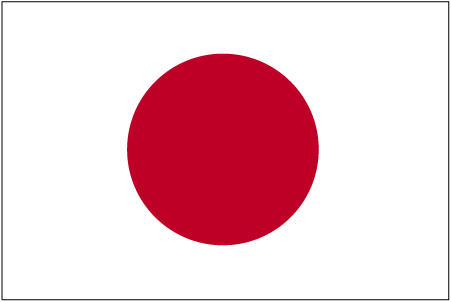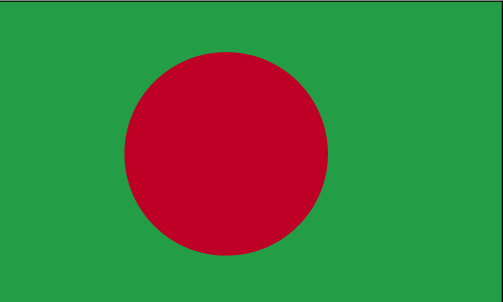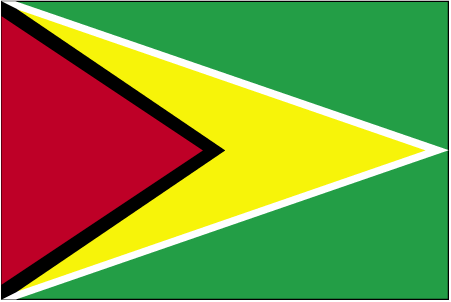Resolution #458
 |
The question of measures to limit child poverty. |
| Committee: The Special Conference on Youth | |
| Main Submitter: Japan | |
| Submitted: 15/02/2025 14:17 |
| Status |
|---|
| Passed cosubmitter sheet validation |
| Approved by approval panel |
| Selected for debate by secretariat |
| Passed by committee (The Special Conference on Youth) |
Committee Voting
| For: | 30 |
| Against: | 4 |
| Abstentions: | 4 |
Options
Co-submitters
 | Bangladesh |
 | Belgium |
 | Egypt |
 | France |
 | Greece |
 | Guyana |
 | Iraq |
 | Nepal |
 | Russian Federation |
 | Ukraine |
 | United Arab Emirates |
 | United Kingdom |
 | USA |
Resolution
FORUM: Special Conference on Youth
TQO: Measures to Limit Child Poverty
SUBMITTED BY: Japan
CO - SUBMITTERS: Bangladesh, Japan, Iraq, Pakistan, Switzerland, The Netherlands, Belgium, USA, Egypt
THE SPECIAL CONFERENCE ON YOUTH,
Recognising that over 330 million children worldwide live in extreme poverty, lacking basic necessities like food, healthcare, and education,
Notes the importance of the International Labour (ILO) Convrntion No. 182 -Worst Forms of Child Labour Convention (1999)
1. Calls for the creation of the United Nations Commission on Child Poverty Reduction (UNCCPR) to lead and coordinate global efforts to combat child poverty, ensuring that resources and policies are effectively implemented and regularly assessed by:
a. creating public websites for people to report their needs through UN bases to ensure access to such needs
b. assigning UN volunteers and local governmental workers to determine regions who are experiencing child poverty and individuals who is applicable to be granted the support in order to ensure that the spendings of the organization is distributed fairly among the communities with no biases in its distribution;
2. Proposes the establishment of a Global Child Poverty Fund, supported by voluntary contributions from member states, private entities, and international financial institutions, to provide immediate and long-term assistance to children living in extreme poverty;
3. Urges member states to strengthen social protection programs, including direct financial support for low-income families, universal access to free primary and secondary education, and guaranteed school meal programs to tackle malnutrition;
4. Recommends expanding employment opportunities for parents and guardians in impoverished communities through vocational training, job placement programs, financial skills education and microfinance initiatives, helping families achieve long-term financial stability, as well as closing the gender pay gap to ensure that girls are not disproportionately affected by poverty;
5. Encourages greater investment in essential infrastructure such as including but not limited to:
a. supplying clean water, sanitation, electricity
b. providing transportation services to guarantee that children in remote areas have easier access to schools;
6. Further calls for stronger national policies and enforcement measures to eradicate child labor and exploitation while providing rehabilitation programs and educational opportunities for affected children, to be in accordance with the ILO Convention No. 182;
7. Emphasises the need for stronger international cooperation in fighting child poverty by the the creation of a biannual conference to be held in Geneva, Switzerland, to discuss global measures to stop child poverty, allowing for evaluation and necessary policy adjustment;
8. Further encourages the development of food security programs, including agricultural support initiatives and food distribution networks, to combat child hunger and malnutrition in vulnerable communities;
9. Further recommends targeted assistance for children in conflict zones and refugee camps, to provide access to education, healthcare, and psychological support to help them rebuild their lives;
10. Advises the implementation of policies that promote economic inclusion and job creation for parents, particularly women, to address the main causes of child poverty and to also ensure that families can support themselves adequately:
a. offering job training programs specifically aimed at parents, especially mothers who might have taken career breaks, which will enhance employability,
b. Upskilling programs in fields like tech, healthcare, or other growing sectors to offer opportunities for women to enter higher-paying industries;
11. Endorses the use of data collection and digital tools to track child poverty trends, assess the success of poverty reduction programs, and ensure transparency and accountability in policy implementation;
12. Requests the reorientation of healthcare systems using the practical approaches of World Health Organization such as Primary Health Care (PHC) and Universal Health Care (UHC) which enables an integrated access to healthcare thereby protecting the ones who cannot afford from the financial consequences of paying for health services out of their own pocket, through ways such as but not limited to:
a. reducing infant mortality particularly for youth in underserved areas by improving services including delivery of basic needs and postnatal care for both mother and child
b. Establishing and/or upgrading existing health centers and clinics to ensure youth have access to basic services including vaccinations, staff, medical supplies
c. increasing the availability of pediatric healthcare professionals by providing incentives for pediatric specialists to work in underprivileged regions by offering financial bonuses, housing allowances, and training opportunities.